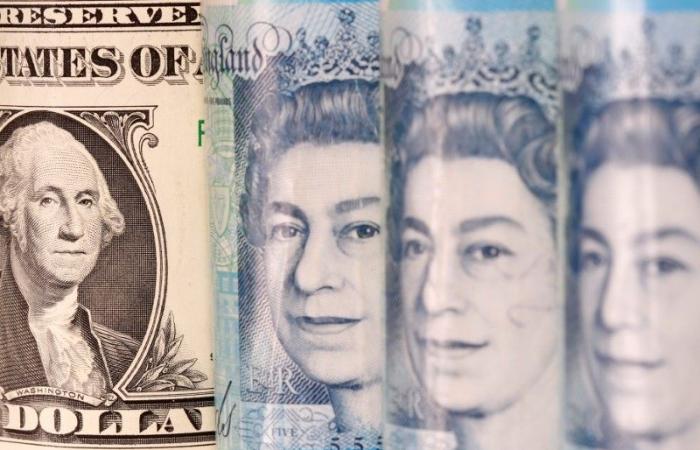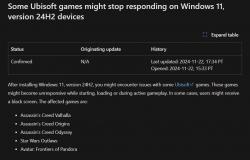Sterling was poised to end a three-day losing streak on Monday as the dollar’s slide after fund manager Scott Bessent’s selection as U.S. Treasury secretary underpinned most major currency pairs.
The pound firmed 0.4% to $1.2579 after falling to a six-month low of $1.2475 on Friday, after disappointing data on UK business production and retail sales raised the prospect of a more aggressive interest rate cut from the Bank of England.
BoE Deputy Governor Clare Lombardelli said on Monday she was more concerned about the risk that inflation could be higher – not lower – than the central bank has forecast, as she argued for gradual reductions in interest rates.
The BoE is expected to be less dovish than the European Central Bank or the Federal Reserve in the face of persistent inflation.
The BoE has cut rates twice since August to 4.75%, less than the ECB and the Fed. Money markets have priced in almost 70 basis points of additional interest rate cuts from the BoE by the end of 2025, compared to around 150 basis points for the ECB and 70 basis points for the Fed. The dollar index fell from its two-year peak to 106.94 on Monday, consolidating after a sharp rise following Bessent’s appointment to the United States’ top economic post.
The news sparked bets that his appointment would reduce the risk of high tariffs and keep deficits under control, putting pressure on yields, which slightly reduced the interest rate appeal of the dollar.
The pound slipped to 83.37 pence per euro, having hit a two-week high of 82.70 on Friday, having outperformed the common euro zone currency this month.
Sterling’s fall has been correlated with the euro since the US election, largely because the dollar’s strength has taken precedence over data and political differences that were more of a theme before the election, have Goldman Sachs strategists said in a note.
“We still see upside potential for long positions in the British pound against the euro and euro-sensitive currencies like the Swedish krona, where the pound should differentiate a little more based on a divergence in national outlooks, including our expectation of growth outperformance and an asymmetric impact from U.S. tariffs.”
With no major UK data due this week, focus will shift to US and Eurozone inflation data, as well as remarks from BoE speakers.






